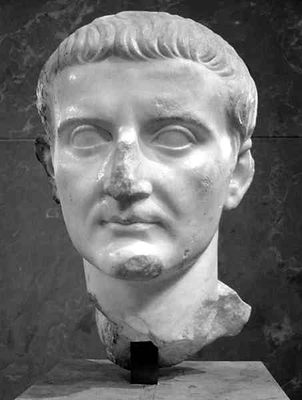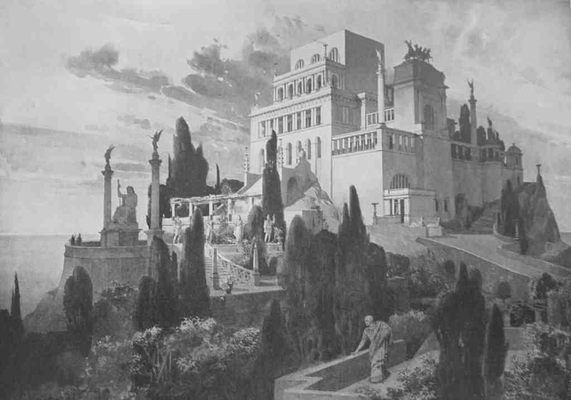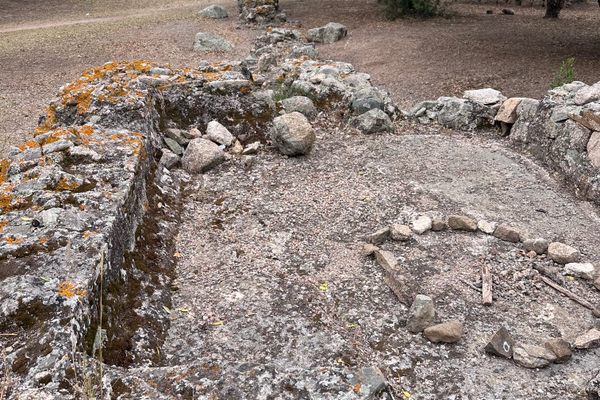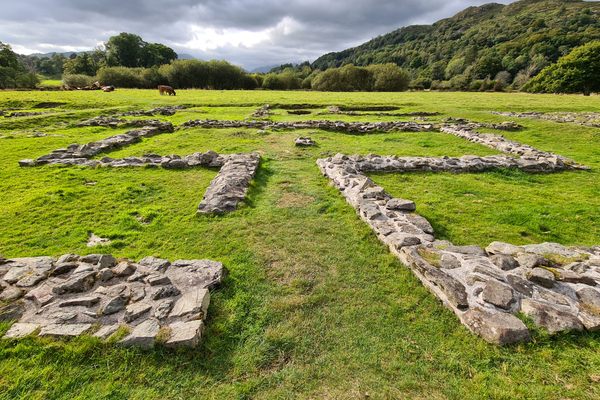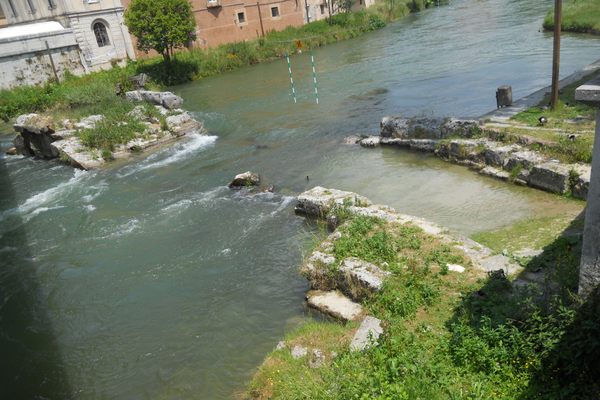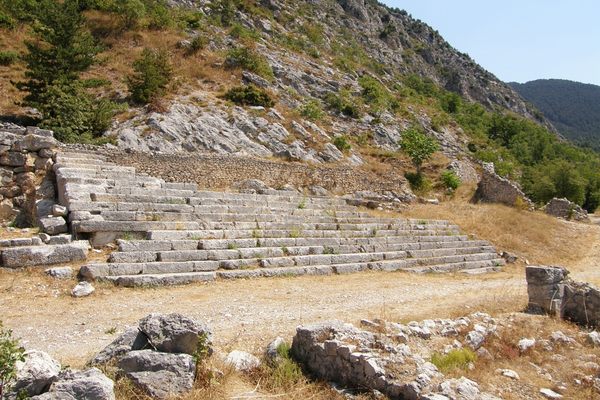About
In the northeast of Capri, atop a cliff, looking out to sea, are the remains of a place of perverted legend.
The mere mention of Villa Jovis, home of the Emperor Tiberius for many years, could make even the most debauched Roman blush. It was completed in 27 AD, and Tiberius retreated there from Rome, governing the Empire from behind its walls until his death ten years later.
Tiberius was brilliant, depressive, and increasingly isolated — an ancient Howard Hughes, brooding on the world and disliking what he found. Secluded in Villa Jovis, his pastimes — reported and almost certainly exaggerated by hostile later authors — grew increasingly elaborate. As Suetonius' Tiberius cites:
'Teams of wantons of both sexes, selected as experts in deviant intercourse, copulated before him in triple unions to excite his flagging passions. The villa's bedrooms were furnished with the most salacious paintings and sculptures, as well as with an erotic library, in case a performer should need an illustration of what was required. Then in Capri's woods and groves he arranged a number of nooks of greenery where boys and girls got up as Pans and nymphs solicited outside bowers and grottoes: people openly called this "the old goat's garden".'
Villa Jovis, for obvious reasons, has fascinated later authors and artists ever since Tiberius' death. Today, streams of tourists still climb the steep slope to gaze at its ruins, peer over the cliff-top (from where errant subjects were hurled, the legend has it), and wonder just how the afternoons passed, when all the world's depravities were gathered under one roof.
Related Tags
Flavors of Italy: Roman Carbonara, Florentine Steak & Venetian Cocktails
Savor local cuisine across Rome, Florence & Venice.
Book NowPublished
February 15, 2014
